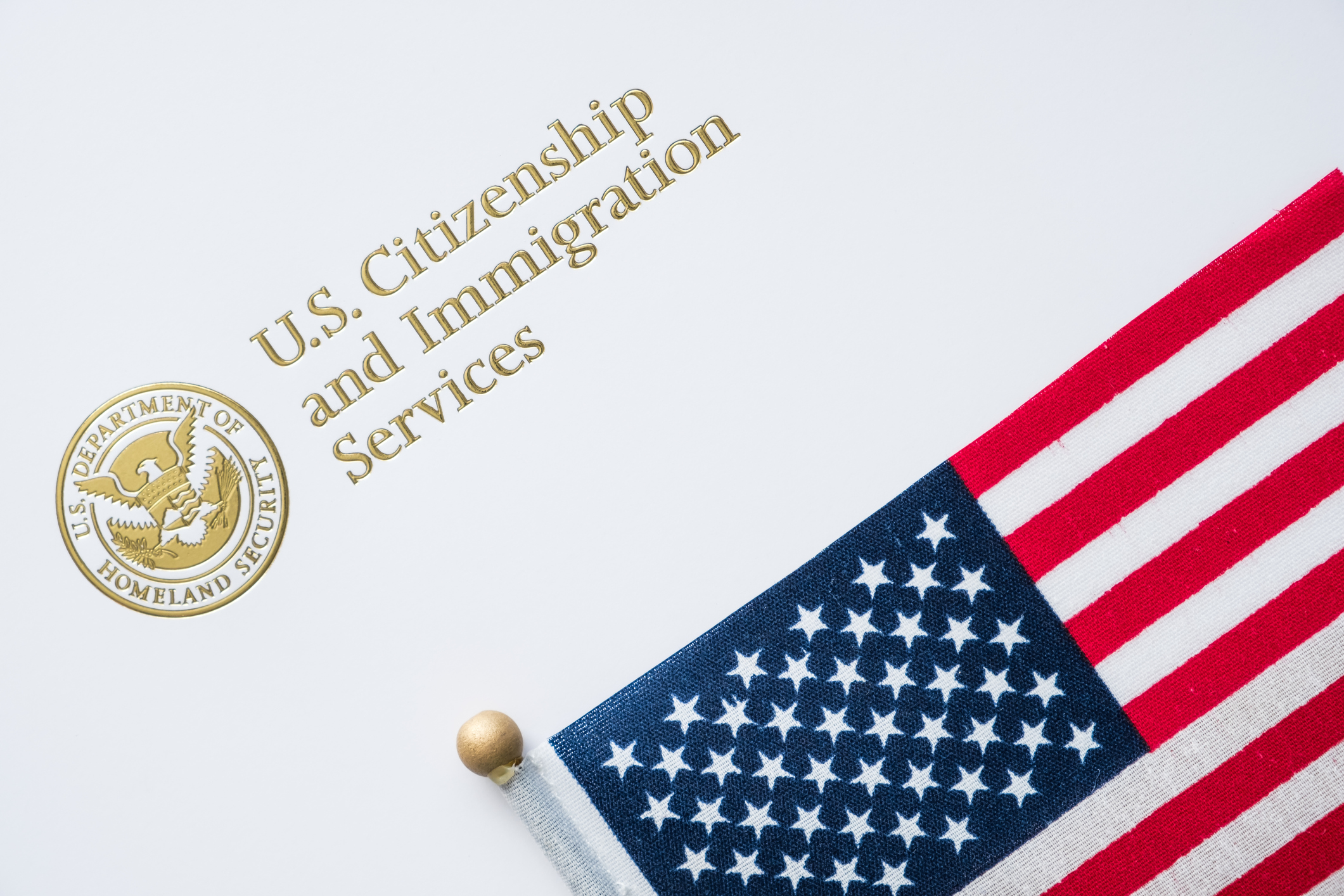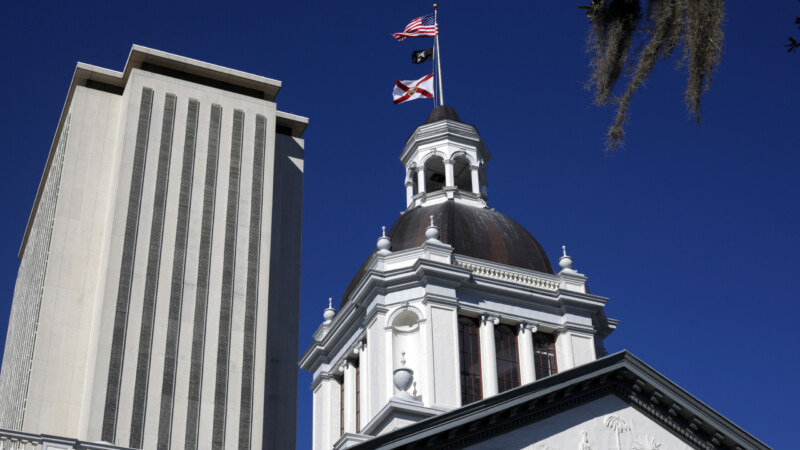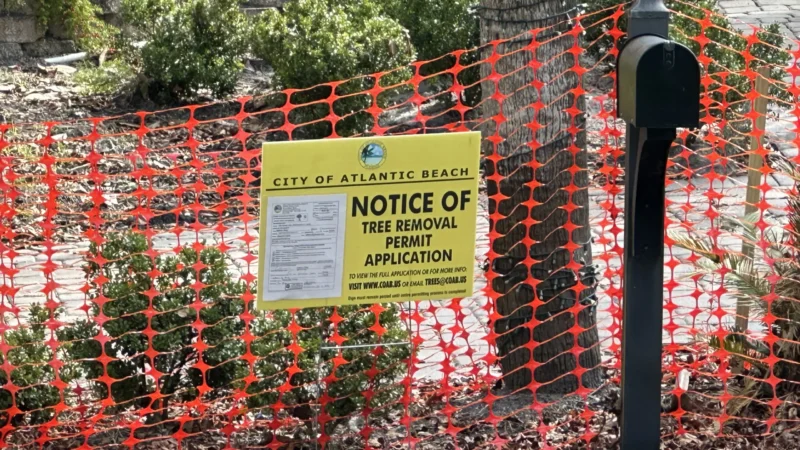A federal appeals court is looking at whether Florida could legally challenge Biden administration immigration policies, after a district judge sided with the state in a fight spearheaded by Attorney General Ashley Moody and Gov. Ron DeSantis.
The 11th U.S. Circuit Court of Appeals this week ordered the state and the Biden administration to file briefs about whether Florida has legal standing to challenge what are known as “parole” policies related to undocumented immigrants being released from detention after crossing the country’s southwest border.
The order came after the U.S. Supreme Court last year ruled that Texas and Louisiana did not have standing to challenge federal immigration-enforcement policies. The U.S. Supreme Court case involved policies related to arresting migrants.
“That decision raises several significant questions about Florida’s standing in these cases,” Monday’s appeals-court order said. “Questions that the parties may consider answering include the extent to which the (U.S. Supreme) Court’s reasoning in Texas with respect to arrest and prosecution policies applies to the parole policies at issue in these cases.”
Moody and DeSantis have made a high-profile issue of criticizing the federal government’s handling of immigration issues. As examples, the DeSantis administration has directed flights of migrants from Texas to Massachusetts and California and has sent Florida law-enforcement officers to the Texas border with Mexico.
The state filed a lawsuit in September 2021 challenging Biden administration policies. The lawsuit ultimately led to two rulings last year by U.S. District Judge T. Kent Wetherell that said policies, known as “Parole Plus Alternatives to Detention” and “Parole with Conditions,” violated federal law.
The Pensacola-based judge issued the rulings before the U.S. Supreme Court decided the Texas and Louisiana case. U.S. Department of Justice attorneys, who have long argued that Florida did not have legal standing, took the dispute to the Atlanta-based appeals court.
After the U.S. Supreme Court decision, the appeals court in February directed Wetherell to consider again whether he had “jurisdiction” in the Florida challenge. Plaintiffs must show standing before judges have jurisdiction to decide cases. So if Florida didn’t have standing, Wetherell couldn’t have ruled in its favor.
Wetherell, a former state appellate judge who was appointed to the federal bench by former President Donald Trump, quickly issued a decision supporting his earlier rulings that Florida had standing. In part, he drew distinctions between the Florida and Texas cases.
“The policies at issue in these (Florida) cases do not involve arrest or prosecution, but rather explain how DHS (the U.S. Department of Homeland Security) will exercise its statutory ‘parole’ authority … with respect to aliens who are already in DHS custody after arriving at the southwest border,” Wetherell wrote. “Nothing in Texas (the U.S. Supreme Court opinion) held that federal courts cannot adjudicate the validity of non-detention/parole policies like these.
In its order this week, the appeals court appeared to focus on that question.
“Though the Supreme Court’s opinion pointed out that such (parole) policies ‘arguably might raise a different standing question,’ it is far from certain that the sentence by itself ‘establishes that Texas does not control the resolution of the standing issue in these cases,’” the order said, partially quoting Wetherell’s decision. “Other questions include whether Florida’s quasi-sovereign interest is meaningfully different than the one asserted by Texas and how, if at all, Florida’s injury is redressed by vacatur of the challenged policies.”
In supporting its standing arguments, Florida has contended that undocumented immigrants move to the state and create costs for such things as the education, health-care and prison systems.
But after the Supreme Court ruling against Texas and Louisiana, Justice Department attorneys filed a brief last year contending the appeals court should reject Florida’s arguments for similar reasons.
“In United States v. Texas, the Supreme Court held that two states lacked standing to challenge DHS’s immigration enforcement policies because they lacked ‘a legally and judicially cognizable’ injury where their alleged injury were costs associated with having more noncitizens in their states. Florida similarly fails to satisfy the ‘bedrock constitutional requirement’ of standing,” the Justice Department brief said.







